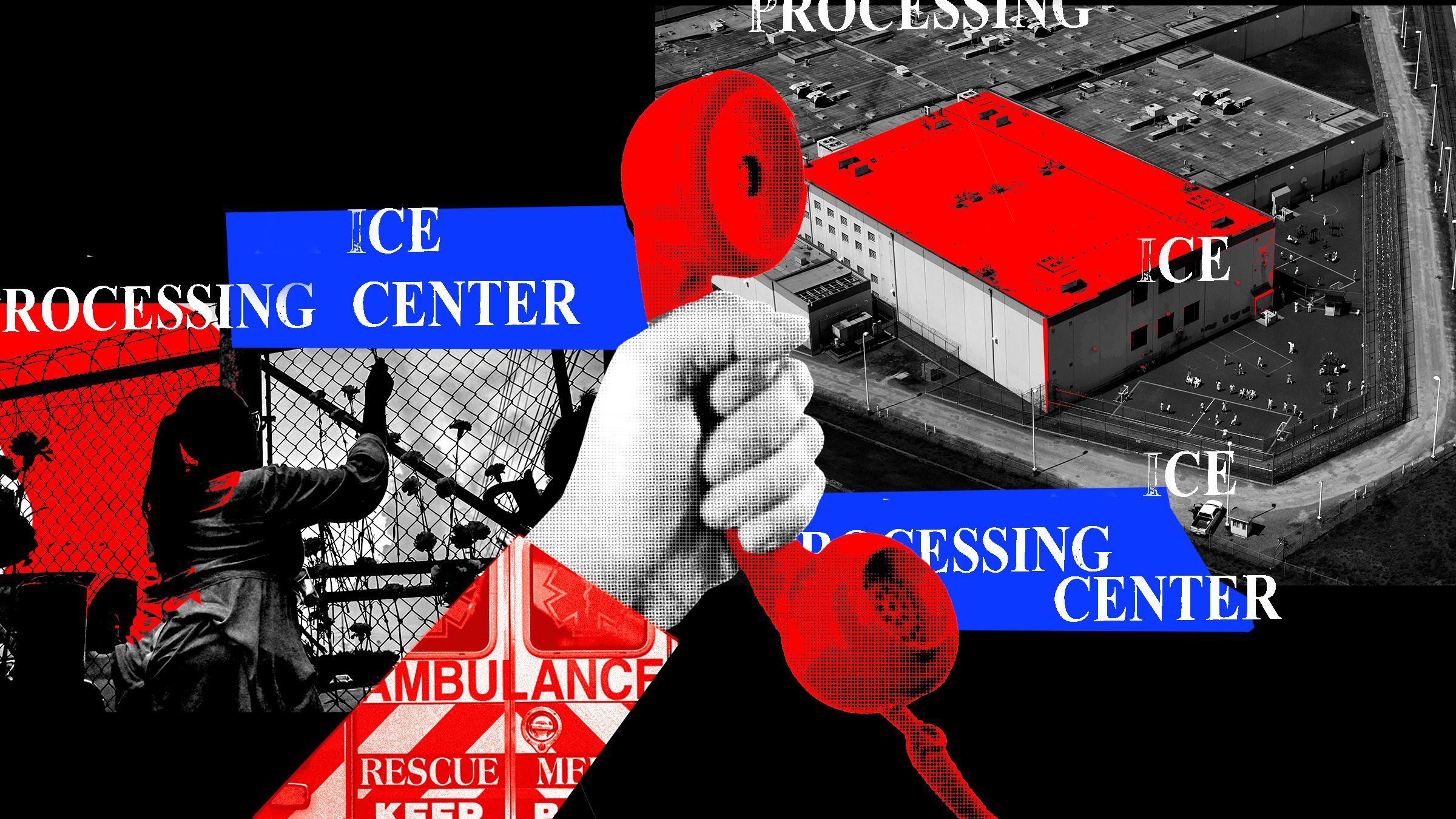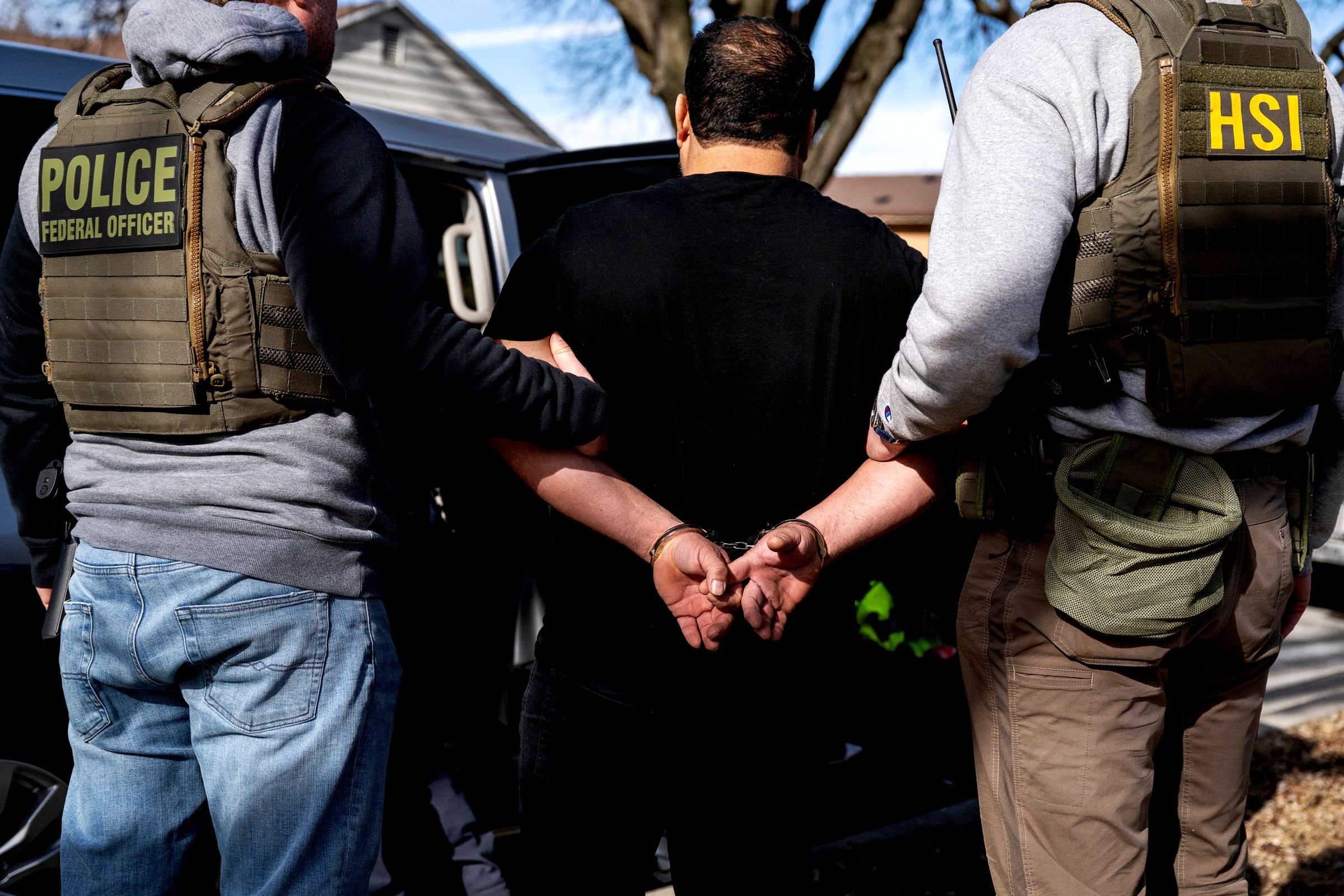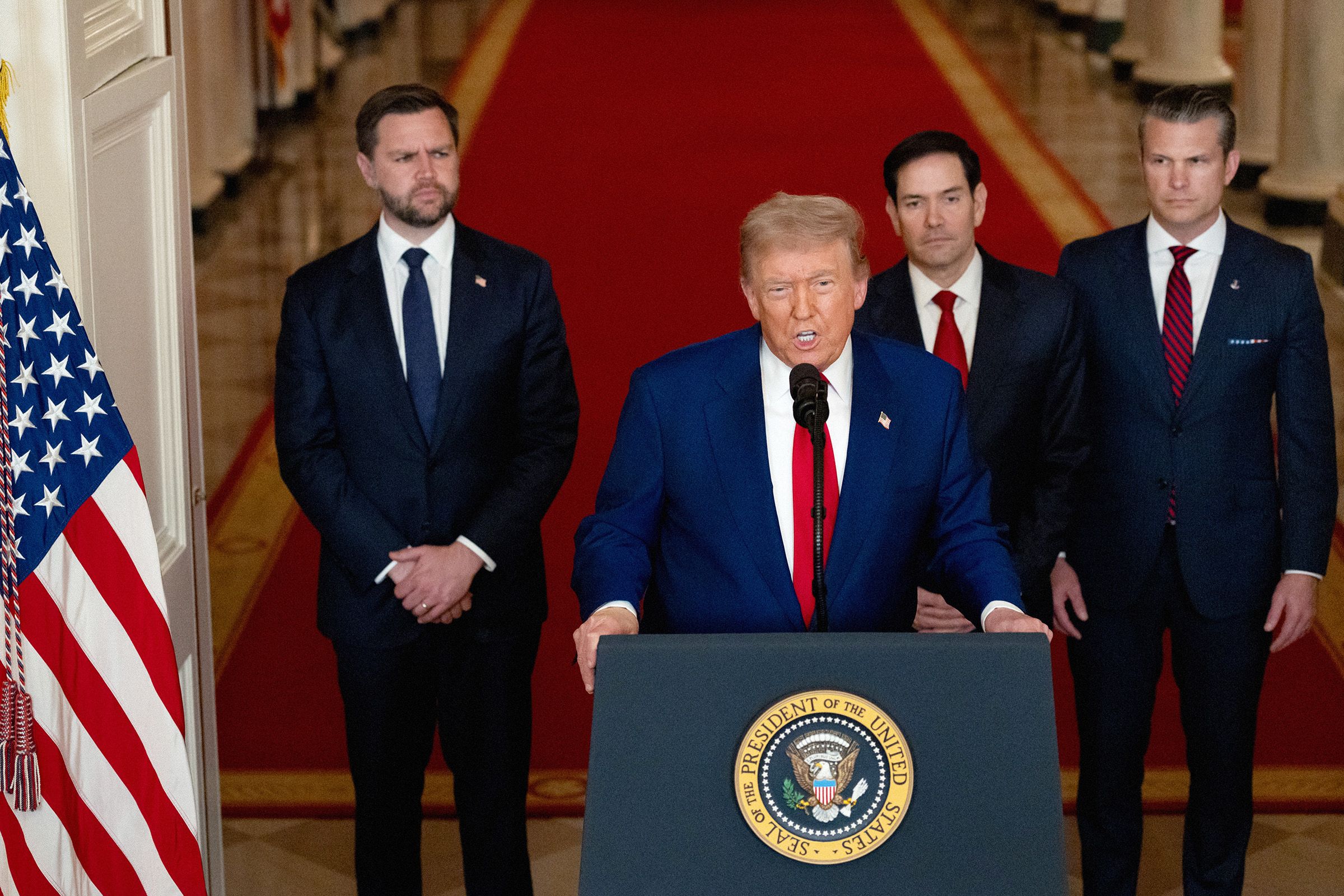RFK Jr.’s Appointees to CDC Vaccine Panel Are Not Good
RFK Jr.’s Appointees to CDC Vaccine Panel Are Not Good
Robert F. Kennedy Jr., a well-known anti-vaccine activist, has recently appointed several controversial individuals to the CDC Vaccine Panel. These appointees have raised concerns among public health experts due to their track record of promoting misinformation and spreading fear about vaccines.
One of the appointees, Dr. Judy Mikovits, has been widely discredited for her unfounded claims about vaccines causing harm. Another appointee, Dr. Andrew Wakefield, is infamous for his fraudulent research linking vaccines to autism, a study that has since been retracted and widely debunked.
By appointing individuals with such a dubious reputation to the CDC Vaccine Panel, RFK Jr. is undermining the authority and credibility of the panel itself. This move could potentially harm public trust in vaccines and lead to lower vaccination rates, putting communities at risk of preventable diseases.
Public health officials have expressed deep concern over these appointments and have called for the removal of these individuals from the panel. They argue that the CDC Vaccine Panel should be made up of experts who are committed to science-based decision-making and promoting public health.
RFK Jr.’s actions have been met with criticism from the medical community, with many experts warning that his appointees could put the lives of countless individuals at risk. Vaccines have been proven to be safe and effective in preventing diseases, and it is crucial that public health policies are based on sound scientific evidence.
As the debate over vaccines continues to intensify, it is important for individuals to seek information from reputable sources and make informed decisions about their health. Misinformation and fear-mongering only serve to undermine public health efforts and put communities at risk.
In conclusion, RFK Jr.’s appointees to the CDC Vaccine Panel are not good for public health. Their promotion of misinformation and fear about vaccines could have serious consequences for the health and well-being of individuals and communities. It is essential that public health policies are guided by scientific evidence and expert consensus, rather than unfounded claims and personal beliefs.





